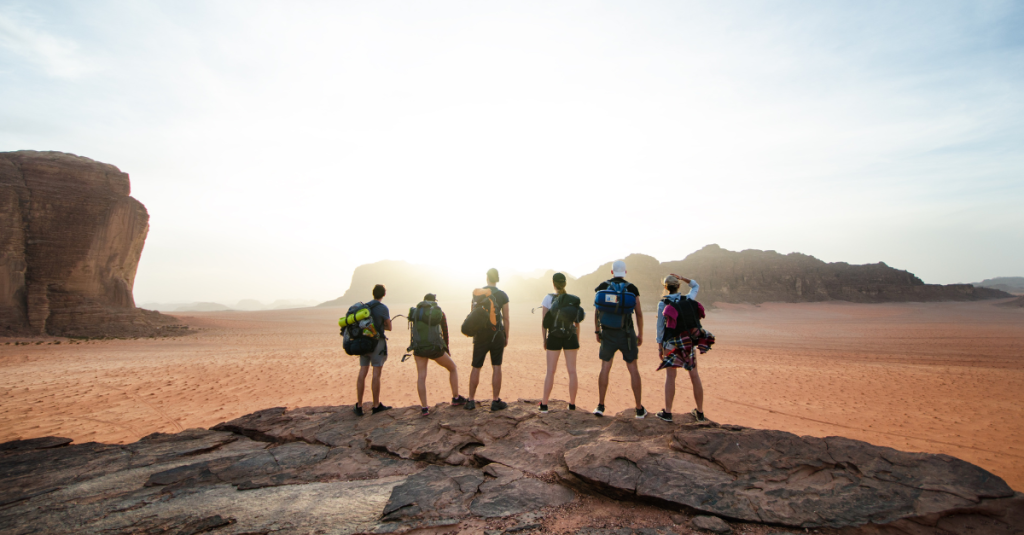Adventure travel is rapidly transitioning from niche to mainstream, driven by growing demand and an increasing number of operators.
- Online travel agency executive Chris Roche highlights a significant post-Covid surge in travel interest across diverse demographics and budgets.
- The Adventure People focuses primarily on under-35s, city dwellers, and solo female travellers, reporting 60% of their clientele in these segments.
- Noteworthy growth is observed in adventure travellers from the ‘dual income, no kids’ demographic, as well as those aged 55 and over with disposable income.
- Roche predicts a competitive market shift, with prices likely to decrease due to an influx of new participants, innovations, and mergers.
Adventure travel is poised to become a mass market segment, according to the chief executive of an online travel agency. Chris Roche, who leads The Adventure People, notes an unprecedented post-pandemic appetite for travel. “There seems to be a higher desire to travel post-Covid,” he remarked, suggesting that the appeal now spans all ages from twenties to those over seventy, covering varied budgets.
The Adventure People, founded by ex-Travel Republic and Love Holidays commercial director Chris Roche, has identified a specific growth trajectory. Particularly, under-35s with financial means and urban residents are gravitating towards adventure travel. Importantly, 60% of this consumer base are solo travellers, and a similar percentage are women, indicating a shift in travel demographics.
Roche also emphasised the rise in adventure travel among individuals within the ‘DINK’ (dual income, no kids) category, as well as increasing participation from adolescents travelling with parents. The sector’s appeal is strongly felt among those over 55, a group characterised by higher disposable incomes, making them a critical market segment.
Moreover, recent data underscores a 50% increase in the number of individuals living alone in the UK over the past three decades. This demographic shift potentially boosts small group travel’s popularity—a trend expected to persist.
Chris Roche further anticipates that the adventure travel sector will witness heightened competitive dynamics. With more operators entering the market and industry innovation accelerating, consumers may benefit from lower costs. “A race to use artificial intelligence” in this field could further spur growth. The Adventure People’s average booking cost stands at £2,000, typically ranging from 10 to 14-night stays.
Adventure travel is on the threshold of becoming a mainstream market, with competitive pricing and innovation paving the way for broader access.

